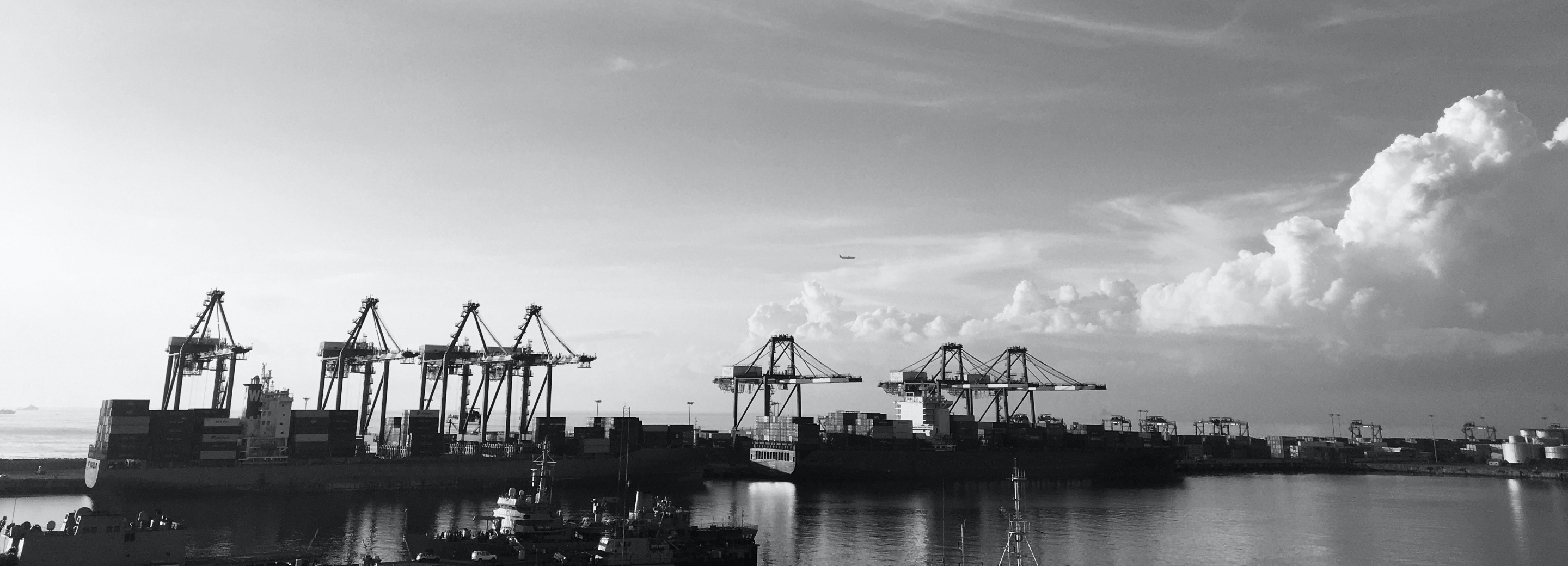
Tiny, landlocked San Marino on the Italian peninsula has no clear maritime connections, which are usually the basis for a country setting up a flag registry. Furthermore, ITF investigations using global shipping data could not identify any shipowners from San Marino who have registered vessels with other countries' flags.
So why is a country with no coast setting up a commercial ship registry? We ask them.
The news comes in the same month the ITF added seven new countries to its list of Flags of Convenience — that register ships with no genuine link to the country. Many have a poor record in protecting the seafarers who work on ships flying their flag. However, San Marino is new to this arena so the ITF thought it would be fair to allow them to speak for themselves. We wanted to know why a landlocked country is registering ships, so we asked them. Our questions, and answers from San Marino Ship Register’s marketing team, are shown below.
ITF: Why have you set up this Registry? Given that San Marino has no coast or maritime links, is it fair to conclude that this is a purely commercial venture?
SMSR: San Marino opening its international ship register has exercised a recognised right according to the International Convention. In particular, San Marino offers an open registry which allows the country to gain international visibility. This fosters commercial collaborations, the creation of new businesses, and broadens the international network of the country.
ITF: On your website, you mention Italian investors. How does investment in a government agency work?
SMSR: San Marino Ship Register is a private company which supports the San Marino Maritime Authority in the management of the registry with technological solutions, know-how, fleet management, and staff training. There is no investment in the Maritime Authority, which is the government agency and flag administration of the country.
ITF: What are the advantages for ship owners of registering in San Marino over, say, Italy?
SMSR: We offer fast registration procedures and quick response times, digital online applications, electronic certificates, reduced paperwork, and global access thanks to a register which is fully online.
ITF: Is it your plan to register all types of commercial shipping? Are there any limitations on what you will register?
SMSR: We do not currently have limitations based on vessel type. Special discounts will be applied to ships less than 10 years old. We would like a young and green fleet.
ITF: Does San Marino plan to ratify the Maritime Labour Convention? Are there regulations to protect the freedom of association of crews on San Marino registered ships?
SMSR: San Marino ratified the Maritime Labour Convention on 26 February 2021. The national government is in the process of submitting said ratification to the ILO. Freedom of association of San Marino maritime crews will be guaranteed.
ITF: What financial and other provisions have you put in place to deal with, for example, crew repatriation in cases where ships are abandoned by their owners?
This and other provisions for the implementation of the MLC convention will be drafted in the period following the submission of the ratification to the ILO, in the preparatory phase to fully implement the convention.

Commenting on SMSR’s response, David Heindel, ITF Seafarers’ Section chair said: “San Marino’s rhetoric sounds positive. We’re especially glad to hear that it’s taking its responsibilities as a flag State seriously because for a landlocked nation with no maritime links, the San Marino registry has all the tell-tale signs of a flag of convenience.”
“The ITF and our network of inspectors globally will be watching the San Marino registry with bated breath. We hope that San Marino lives up to its promises to protect seafarers and guarantee their fundamental rights.”
“Robust structures must be put in place, not only to fast-track registration of ships, but also to ensure proper inspections of seafarers’ rights and grievance procedures to respond to seafarers’ complaints in line with the MLC. If they do this it will put them ahead of other registers that are clearly driven purely by commercial interests alone,” said Heindel.
